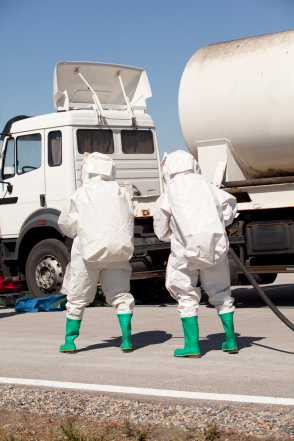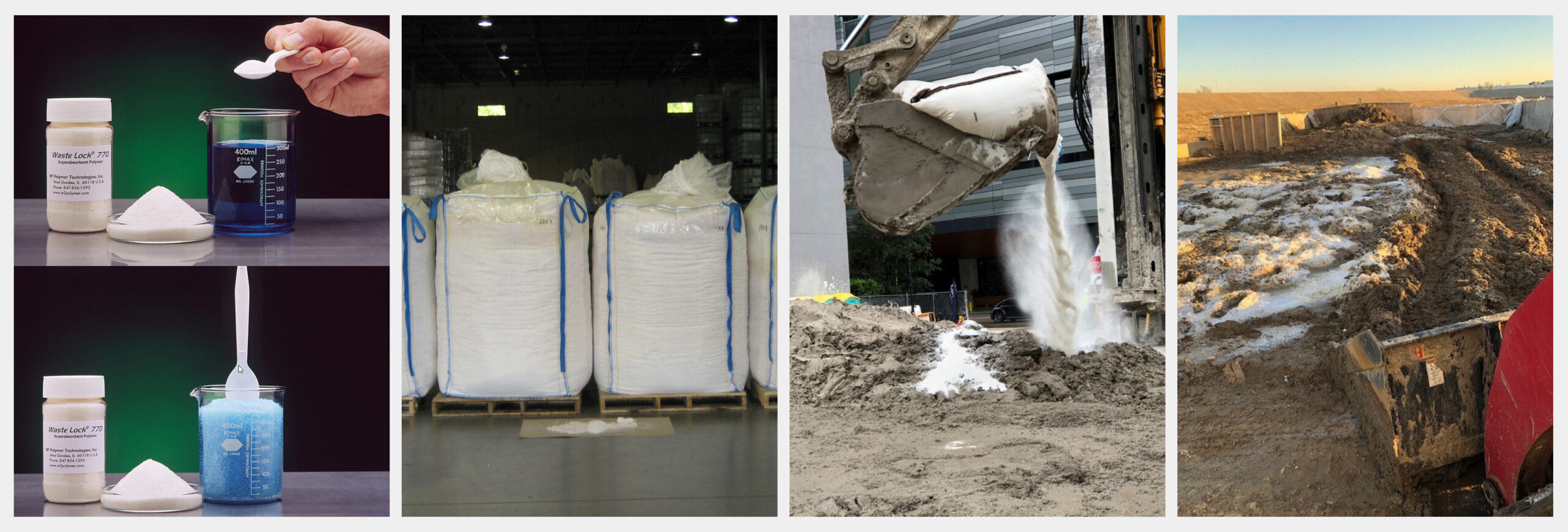Industrial Wastewater Treatment: Personalized Solutions for Facility Wastewater Obstacles
Wiki Article
Understanding the Comprehensive Process of Liquid Garbage Disposal: Best Practices and Environmental Effect Considerations
The management of fluid garbage disposal is a complex concern that needs an extensive understanding of different finest practices and their linked ecological influences. From the types of liquid waste produced to the techniques utilized for collection, treatment, and last disposal, each action plays a crucial role in safeguarding ecological communities and public health. As regulatory criteria progress and innovation breakthroughs, the discussion around these processes becomes significantly essential. What ramifications do these changes hold for future sustainability initiatives, and exactly how can stakeholders guarantee that they are effectively resolved?Kinds of Fluid Waste
Understanding the different kinds of fluid waste is necessary for efficient management and disposal methods. Fluid waste can be generally categorized right into numerous types, each requiring special handling and therapy methods.Industrial liquid waste often includes dangerous products, including hefty steels, solvents, and chemicals, created during manufacturing processes. These wastes demand strict governing conformity to shield human health and wellness and the setting. Domestic liquid waste primarily describes wastewater produced from homes, consisting of sewer and greywater, which, although less toxic, can still posture substantial risks if incorrectly managed.
Agricultural liquid waste, including overflow from ranches, typically consists of fertilizers and chemicals that can lead to environmental deterioration otherwise treated properly. Medical fluid waste, generated from healthcare centers, includes polluted fluids such as bodily fluids and chemicals, requiring specialized disposal approaches to avoid infection and ecological contamination.
Lastly, oil and oil waste, normally produced by restaurants and automotive markets, can cause extreme clogs in drain systems otherwise managed appropriately. Recognizing these groups assists in targeted approaches for therapy, conformity with guidelines, and effective disposal techniques, eventually promoting ecological sustainability and public health and wellness security.

Collection Methods
Reliable collection techniques are important for the appropriate monitoring of fluid waste, making sure that it is gathered securely and successfully prior to therapy or disposal. Different techniques are utilized depending upon the type of fluid waste produced, the quantity, and the details attributes of the waste.One common approach is making use of specialized collection storage tanks or sumps, which are made to catch fluid waste at the source. These systems often integrate pumps that help with the transfer of waste to bigger storage containers or therapy centers. Furthermore, mobile collection devices furnished with vacuum cleaner innovation are used in circumstances where waste is generated periodically or in hard-to-reach locations.
For industrial setups, closed-loop systems can properly reduce spills and leakages, permitting the recuperation and reuse of liquid waste. It is likewise important to train employees on appropriate collection protocols to reduce threats associated with hazardous materials.
Furthermore, executing routine maintenance timetables for collection equipment makes sure optimum efficiency and security. The combination of innovative surveillance systems can boost collection effectiveness by giving real-time information on waste levels and potential dangers. In general, efficient collection approaches are foundational to sustainable fluid waste administration techniques.
Therapy Procedures
Treatment procedures play a vital role in the management of liquid waste, changing potentially hazardous materials into multiple-use sources or secure effluents - liquid waste disposal. These processes can be extensively classified right into physical, chemical, and organic techniques, each customized to attend to certain pollutants existing in learn the facts here now the waste streamPhysical therapy techniques, such as sedimentation and filtering, job by removing suspended solids and particle issue. These techniques are frequently the initial step in the treatment chain, efficiently reducing the load on succeeding procedures. Chemical treatments involve making use of reagents to reduce the effects of unsafe materials, precipitate heavy steels, or oxidize organic pollutants, therefore improving the safety and security of the effluent.
Organic therapy processes, consisting of activated sludge systems and anaerobic food digestion, utilize on the natural capacities of microorganisms to weaken raw material. These techniques are particularly efficient for wastewater having biodegradable pollutants. Advanced treatment modern technologies, such as membrane filtering and advanced oxidation procedures, are increasingly utilized to attain higher levels of purification.
Integrating a mix of these treatment techniques not only guarantees conformity with governing criteria but additionally advertises ecological sustainability by recouping beneficial resources from liquid waste.
Disposal Options
Exactly how can organizations make certain the accountable and secure disposal why not check here of fluid waste? Effective disposal options are critical for safeguarding public health and wellness and the environment. The primary techniques include land treatment, incineration, and disposal complied with by discharge into metropolitan wastewater systems.Land disposal involves the careful containment of fluid waste in assigned land fills, ensuring that it does not leach into bordering dirt or water. Incineration, on the various other hand, topics fluid waste to high temperature levels, converting it into ash and gases, which require proper filtration to reduce discharges. This technique is appropriate for contaminateds materials that can not be dealt with via traditional means.
In instances where fluid waste can be dealt with, companies might go with chemical or biological treatment processes to neutralize website link damaging elements before releasing the treated effluent into municipal systems. This path normally straightens with governing needs, guaranteeing that the effluent satisfies safety and security requirements.
Eventually, companies have to perform complete evaluations of each disposal option to establish its stability, thinking about factors such as waste make-up, regulative conformity, and prospective risks to wellness and the environment. By selecting appropriate disposal approaches, services can contribute to a liable waste administration technique.
Ecological Effect
The environmental impact of liquid waste disposal is a crucial factor to consider for organizations seeking to reduce their environmental footprint. Furthermore, the discharge of without treatment or improperly dealt with waste into surface waters can result in eutrophication, leading to oxygen exhaustion and the succeeding death of fish and other microorganisms.
To mitigate these impacts, companies must take on finest practices such as executing extensive waste therapy processes, advertising recycling and reuse, and sticking to regulative requirements. By taking a positive method to liquid waste monitoring, entities can dramatically reduce their ecological impact while supporting sustainable advancement goals. Eventually, a detailed understanding of the environmental effects connected with fluid garbage disposal is vital for educated decision-making and accountable stewardship of natural deposits.
Conclusion
Effective monitoring of liquid waste is crucial for protecting ecological honesty and public wellness. By adopting ideal methods in collection, disposal, and treatment, together with adherence to regulatory standards, the capacity for damaging contamination of ecological communities can be substantially decreased. Continual advancements in modern technology and procedures add to sustainable waste monitoring efforts. Eventually, a comprehensive understanding of liquid waste disposal not just mitigates environmental effects but additionally cultivates a commitment to liable source monitoring and environmental stewardship.The administration of fluid waste disposal is a complex issue that needs a comprehensive understanding of various ideal techniques and their linked ecological influences. From the kinds of liquid waste created to the methods utilized for collection, treatment, and final disposal, each step plays a vital role in securing ecosystems and public wellness.The ecological influence of fluid waste disposal is a vital factor to consider for companies looking for to lessen their ecological impact. Inevitably, a thorough understanding of the ecological effects connected with liquid waste disposal is vital for notified decision-making and accountable stewardship of natural sources.
Ultimately, an extensive understanding of liquid waste disposal not only minimizes ecological influences yet additionally promotes a commitment to responsible resource administration and environmental stewardship.
Report this wiki page